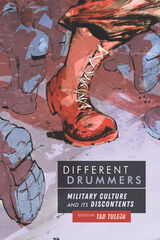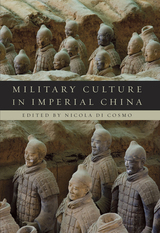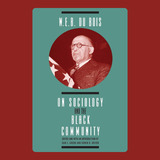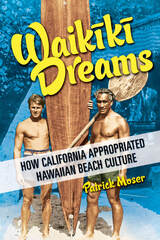
This multidisciplinary collection brings in the perspectives of scholars from folklore, literary studies, psychology, and media studies, as well as the first-person perspectives of veterans. It includes chapters on the vernacular genres of bodylore, folksong, personal narrative, and legend; literary items like soldiers’ memoirs and poetry; the artwork of soldier cartoonists; and accounts of defying the chain of command in the field. Ideally, the goal of military basic training is to replace recruits’ focus on their own individuality with an unquestioned devotion to group solidarity. In reality, unit cohesion is constantly challenged by humans clinging obstinately to their non-collective personalities. Different Drummers focuses on those in uniform who feel themselves to be both of the military culture and at odds with it. It shows how these loyal “discontents” find ways of communicating and interacting with others that sometimes defy institutional expectations.
Contributors:
Ron Ben-Tovim, Carol Burke, Richard Allen Burns, Catherine Calloway, James I. Deutsch, Ronald Fry, Angus Kress Gillespie, Christina M. Knopf, Jay Mechling, Matthew David Perry, Mark C. Russell, John Paul Wallis

This volume explores the relationship between culture and the military in Chinese society from early China to the Qing empire, with contributions by eminent scholars aiming to reexamine the relationship between military matters and law, government, historiography, art, philosophy, literature, and politics.
The book critically investigates the perception that, due to the influence of Confucianism, Chinese culture has systematically devalued military matters. There was nothing inherently pacifist about the Chinese governments’ views of war, and pragmatic approaches—even aggressive and expansionist projects—often prevailed.
Though it has changed in form, a military elite has existed in China from the beginning of its history, and military service included a large proportion of the population at any given time. Popular literature praised the martial ethos of fighting men. Civil officials attended constantly to military matters on the administrative and financial ends. The seven military classics produced in antiquity continued to be read even into the modern period.
These original essays explore the ways in which intellectual, civilian, and literary elements helped shape the nature of military institutions, theory, and the culture of war. This important contribution bridges two literatures, military and cultural, that seldom appear together in the study of China, and deepens our understanding of war and society in Chinese history.

READERS
Browse our collection.
PUBLISHERS
See BiblioVault's publisher services.
STUDENT SERVICES
Files for college accessibility offices.
UChicago Accessibility Resources
home | accessibility | search | about | contact us
BiblioVault ® 2001 - 2024
The University of Chicago Press









